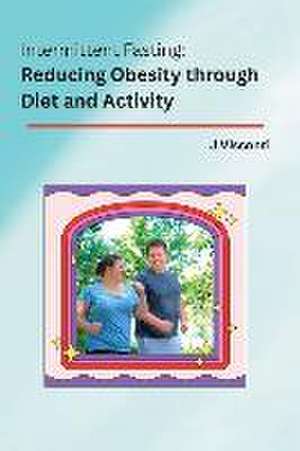Intermittent Fasting: Reducing Obesity through Diet and Activity
Autor J. Viscontien Limba Engleză Paperback – 7 iun 2023
Preț: 246.23 lei
Nou
Puncte Express: 369
Preț estimativ în valută:
47.12€ • 49.68$ • 39.23£
47.12€ • 49.68$ • 39.23£
Comandă specială
Livrare economică 16-23 decembrie
Preluare comenzi: 021 569.72.76
Specificații
ISBN-13: 9781805293590
ISBN-10: 1805293591
Pagini: 100
Dimensiuni: 152 x 229 x 6 mm
Greutate: 0.16 kg
Editura: Readers Publications
ISBN-10: 1805293591
Pagini: 100
Dimensiuni: 152 x 229 x 6 mm
Greutate: 0.16 kg
Editura: Readers Publications
